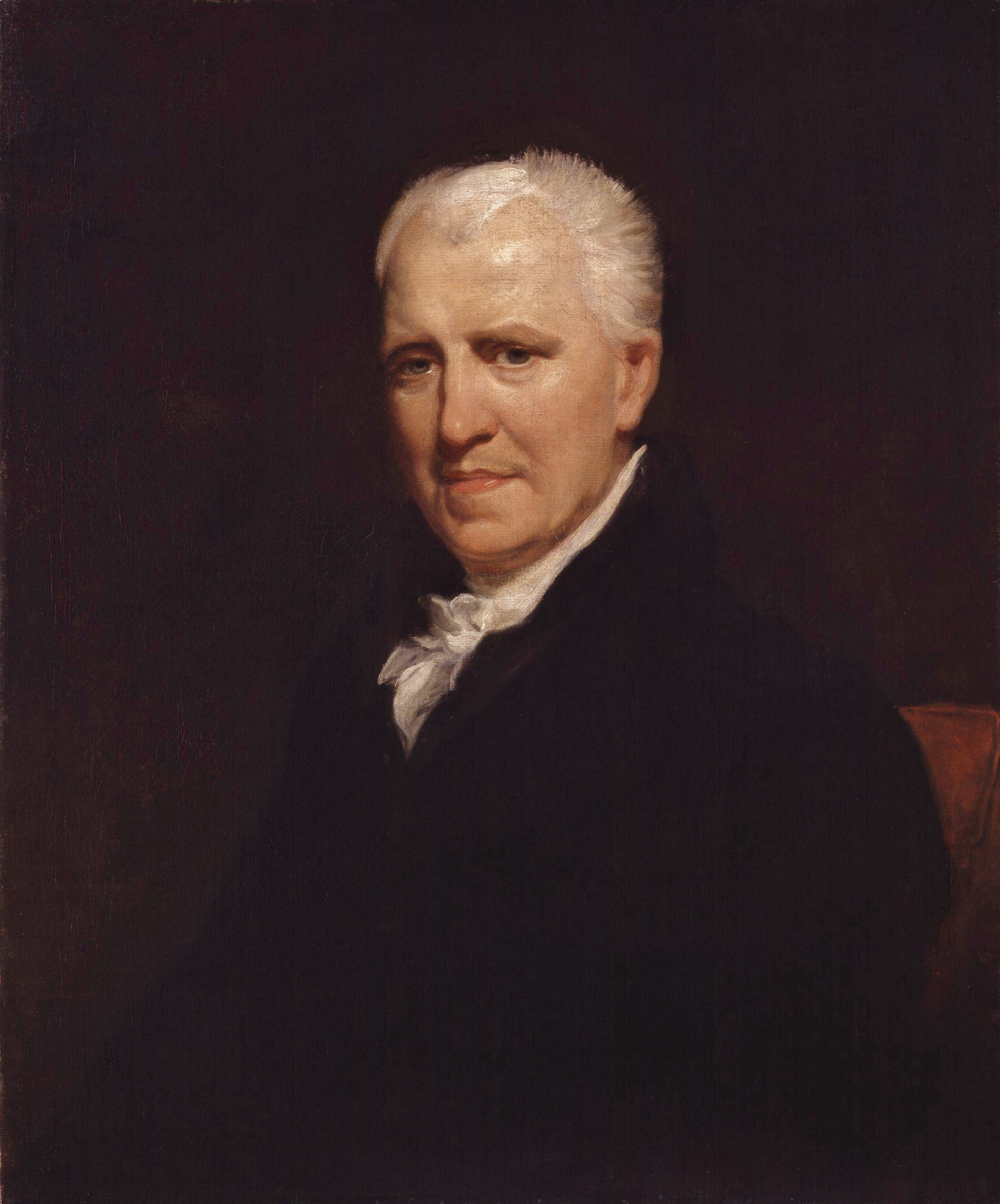Feed the musician, and he's out of tune.

"George Crabbe" was an English poet, surgeon, and clergyman. He is best known for his early use of the realistic narrative form and his descriptions of middle and working-class life and people.
In the 1770s, Crabbe began his career as a doctor's apprentice, later becoming a surgeon. In 1780, he travelled to London to make a living as a poet. After encountering serious financial difficulty and unable to have his work published, he wrote to statesman and author Edmund Burke for assistance. He included samples of his poetry, and Burke was impressed enough by Crabbe's poems to promise to aid him in any way he could. The two became close friends and Burke helped Crabbe greatly both in his literary career and in building a role within the church.
If you enjoy these quotes, be sure to check out other famous poets! More George Crabbe on Wikipedia.To the house of a friend if you're pleased to retire, You must all things admit, you must all things admire; You must pay with observance the price of your treat, You must eat what is praised, and must praise what you eat.
A great lie is like a great fish on dry land; it may fret and fling and make a frightful bother, but it cannot hurt you. You have only to keep still, and it will die of itself.
With eye upraised his master's looks to scan, The joy, the solace, and the aid of man; The rich man's guardian, and the poor man's friend, The only creature faithful to the end.
A master-passion is the love of news.
Our farmers round, well pleased with constant gain, Like other farmers, flourish and complain.
Deceivers are the most dangerous members of society. They trifle with the best affections of our nature, and violate the most sacred obligations.
Be there a will, and wisdom finds a way.
Oh! rather give me commentators plain, / Who with no deep researches vex the brain; / Who from the dark and doubtful love to run, / And hold their glimmering tapers to the sun.
The ring so worn, as you behold, / So thin, so pale, is yet of gold.
Copyright © 2024 Electric Goat Media. All Rights Reserved.